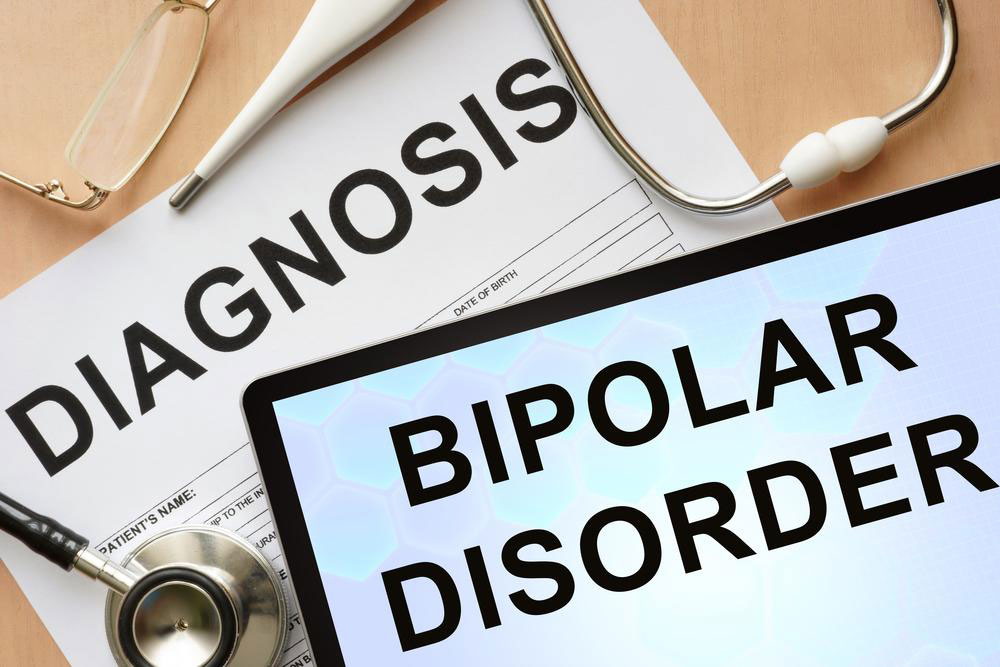Comprehensive Guide to Understanding and Managing Bipolar Disorder: Effective Treatment and Lifestyle Strategies
This comprehensive guide explores bipolar disorder, focusing on effective treatment strategies including medication and psychotherapy. It emphasizes the importance of a multifaceted approach—combining biological treatment, therapy, and lifestyle changes—to help individuals manage mood swings and improve quality of life. The article highlights the role of medication like antipsychotics, mood stabilizers, and antidepressants, as well as therapeutic options such as cognitive-behavioral therapy and acupuncture, offering a detailed resource for understanding and managing this complex condition.

Comprehensive Guide to Understanding and Managing Bipolar Disorder: Effective Treatment and Lifestyle Strategies
Bipolar disorder, frequently referred to as manic-depressive illness, is a complex mental health condition characterized by dramatic shifts in mood, energy levels, and activity patterns. Individuals afflicted with bipolar disorder experience episodes of intense depression, marked by feelings of sadness, hopelessness, and lack of motivation, interspersed with phases of mania or hypomania, which involve heightened energy, euphoria, and sometimes risky behaviors. This disorder can significantly interfere with daily functioning, affecting personal relationships, work performance, and overall quality of life. Despite its challenges, understanding the condition and adopting effective management strategies can help individuals lead balanced and fulfilling lives.
Medication Management in Bipolar Disorder
Since bipolar disorder is a chronic condition that requires long-term management, a combination of medication and lifestyle changes forms the cornerstone of treatment. The choice of medication depends on the severity and type of episodes, as well as individual response. Commonly prescribed medications include:
Antipsychotics: These drugs are primarily used during acute mania episodes or when psychotic symptoms are present. They act quickly to stabilize mood swings and reduce agitation. Some of the newer antipsychotics, such as quetiapine and olanzapine, are often prescribed for their efficacy and tolerability. However, their use necessitates careful dose management due to potential side effects like weight gain, sedation, and metabolic changes. Regular monitoring through blood tests and follow-up appointments is essential to prevent complications.
Antidepressants: Used cautiously, antidepressants help manage depressive episodes. They are typically prescribed when there are no signs of hypomania or mania and only after careful assessment of the patient's history. Combining antidepressants with mood stabilizers can help balance mood swings and prevent triggering manic episodes.
Mood Stabilizers: Agents like valproic acid, lithium, and lamotrigine are essential in the treatment plan. Lithium, in particular, is considered a gold standard for bipolar disorder, as it effectively reduces the frequency and severity of mood episodes and lowers the risk of suicide. Mood stabilizers work by regulating the brain's neurotransmitter activity, helping to prevent the extreme highs and lows characteristic of bipolar disorder. Consistent blood level monitoring is vital to ensure therapeutic efficacy and minimize side effects.
Proper adherence to medication schedules and regular consultations with mental health professionals are crucial components of managing bipolar disorder. Adjustments to medication types and dosages are often necessary to achieve optimal stability and minimize adverse effects.
Psychotherapeutic and Complementary Interventions
Beyond medication, psychotherapy plays a vital role in controlling bipolar disorder. Behavioral and cognitive strategies help patients better understand their condition, recognize early warning signs of mood episodes, and develop coping mechanisms. Psychotherapeutic approaches include:
Cognitive-Behavioral Therapy (CBT): Focused on identifying negative thought patterns and replacing them with healthier responses, CBT enhances emotional regulation, reduces stress, and mitigates trigger development for mood episodes. It also educates patients about their condition, empowering them with skills to manage symptoms proactively.
Interpersonal and Social Rhythm Therapy (IPSRT): This therapy emphasizes maintaining regular daily routines and stabilizing interpersonal relationships, which can help prevent mood swings and improve overall stability.
Complementary Therapies
Emerging treatments such as acupuncture are gaining recognition for their stress-relieving properties. By focusing on stress reduction and balancing the body's energy, acupuncture can assist in tempering mood swings and alleviating symptoms of mania and depression.
Managing bipolar disorder effectively involves a multifaceted approach that addresses both the biological and psychological aspects of the condition. Lifestyle modifications, including regular exercise, sufficient sleep, stress management, and a balanced diet, are equally important in achieving mood stability.
Though bipolar disorder can pose significant challenges, many individuals successfully manage their symptoms and enjoy productive, satisfying lives with the right combination of medical, psychological, and lifestyle strategies. Support from mental health professionals, family, and peer groups further enhances the chances of long-term stabilization and well-being.
In conclusion, a comprehensive understanding of bipolar disorder and a proactive treatment approach can dramatically improve outcomes. Early diagnosis, personalized medication plans, psychotherapy, and healthy lifestyle choices form the foundation of effective management, enabling those affected to take control of their mental health and lead meaningful lives.





